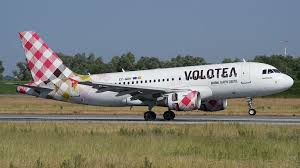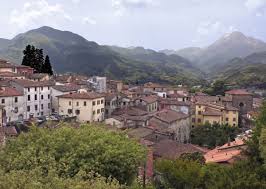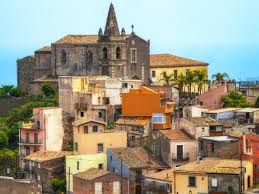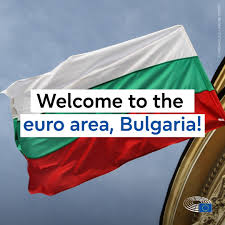Pakistan, ADB sign $ 300 million loan deal
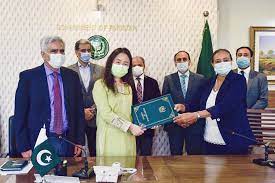
Islamabad: The Asian Development Bank (ADB) and the Government of Pakistan Friday signed a $300 million loan to finance the construction of a 300-megawatt hydropower plant in Balakot, Khyber Pakhtunkhwa province.
ADB Acting Country Director Cleo Kawawaki and Secretary, Ministry of Economic Affairs Division, Noor Ahmed signed the loan agreement for the project, which was approved by ADB on 30 March. Minister for Economic Affairs, Omar Ayub Khan, Chief Minister, Khyber Pakhtunkhwa Mahmood Khan and ADB Director General for Central and West Asia Yevgeniy Zhukov witnessed the ceremony.
“As Pakistan’s largest development partner in the energy sector, ADB has been supporting Pakistan as it aims to build its renewable energy resources and cut its heavy dependence on fossil fuels,” said Mr. Zhukov. “The Balakot hydropower project will play an important role in helping to advance this objective. ADB will continue to support Pakistan to diversify its energy sources, implement critical reforms, increase energy security, and grow the share of clean power in its energy mix.”
The Balakot hydropower project will generate economic activity and improve the skills of local communities. During construction, the project will generate more than 1,200 jobs, about 40% of which will be sourced locally. A community development program will help to improve livelihood opportunities for affected households in the project surroundings.
The project will help meet future national demand for clean and affordable energy and generate revenue for Khyber Pakhtunkhwa province. It is expected to be commissioned by 2027.
ADB has helped Pakistan undertake wide-ranging energy sector reforms designed to boost generation, transmission, and distribution capacity by rehabilitating aging power infrastructure. ADB is also supporting energy efficiency initiatives and public and private sector-led clean energy development projects.
ADB is committed to achieving a prosperous, inclusive, resilient, and sustainable Asia and the Pacific, while sustaining its efforts to eradicate extreme poverty. Established in 1966, it is owned by 68 members—49 from the region.

